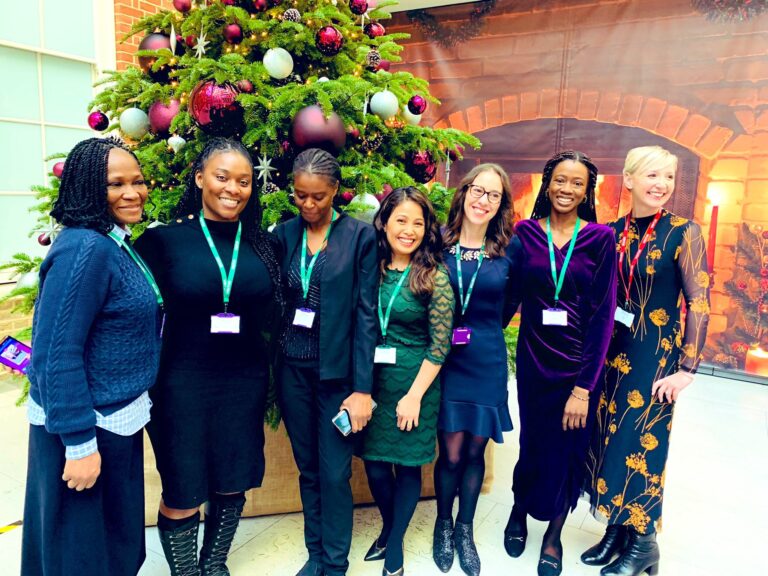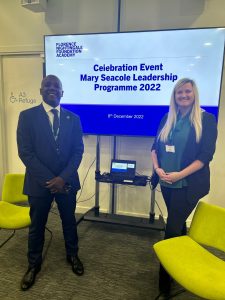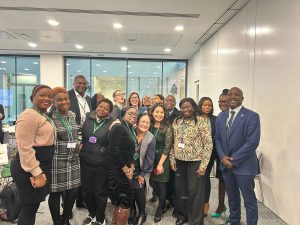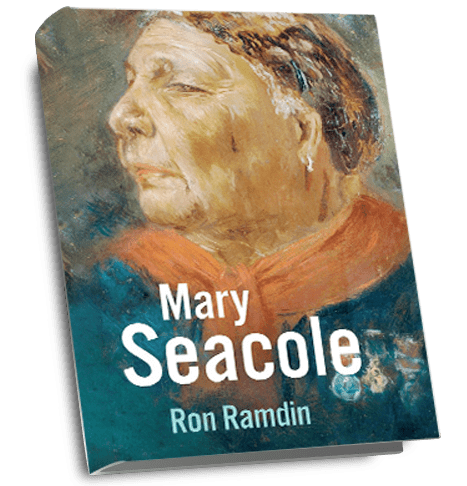
The recent graduation event of the first Florence Nightingale Foundation and Mary Seacole Trust leadership development programme was both a joyous and emotional occasion. Our joint partnership with Health Education England provided support and leadership development to nurses, midwives and health visitors who are working to improve health inequalities, particularly in ethnic minority communities.
Mary Seacole was a British-Jamaican nurse and businesswoman who set up the British Hotel behind the lines during the Crimean War. She displayed compassion, skill and bravery while nursing soldiers during the Crimean War. The programme is intended to celebrate the life of Mary Seacole while underpinning the values by which she lived and worked. The graduation event was to celebrate the participants and what they had achieved.
‘The Mary Seacole Trust are so incredibly proud to be a partner in delivering this wonderfully inspirational programme. It was a pleasure to attend and hear from nurses and midwives who are not just dedicated to self-development and becoming future leaders; they are also change-makers.’ (Trevor Sterling. Chair of the Trustees, Mary Seacole Trust)

As part of the leadership programme each participant undertook a quality improvement project that was focused on improving health outcomes for patients or on reducing health inequalities, particularly for people in ethnic minority communities.
Evidence shows that people from ethnic minority communities continue to face health inequalities and discrimination in the workplace. Known health inequalities have been further exacerbated by recent events, namely the Covid-19 pandemic and economic recession.
‘I am here because I deserve to be here’
We heard first hand from a number of the programme participants about their project and the impact it had already had. From smoking cessation to improving health outcomes for homeless people to enhancing the effectiveness of Same Day Emergency Care, participants shared often emotional accounts of their work – and the challenges they had faced – in response to overwhelming support and validation from the whole room.
‘This project has enabled me to establish a completely new service within our trust.’
Many of the participants spoke passionately about the support they received from their mentors, as well as the benefit they received from being part of a cohort of learners – the connections made during the programme will continue to benefit participants long after this event.
The event was topped off by inspiring input from Joan Myers, former Florence Nightingale Foundation trustee and scholar, who described the programme as a ‘door opener’ and stressed how important it was to publish your work – to share with and inspire others.
Originally developed by the Department of Health and Social Care (DHSC) we were delighted to have participation at the event, and ongoing support, from the Royal College of Nursing (RCN), the Royal College of Midwives (RCM), Unite and Unison.
We are currently in the middle of the second FNF/Mary Seacole leadership programme and lo ok forward to many more graduation events and stories of impact.
ok forward to many more graduation events and stories of impact.



